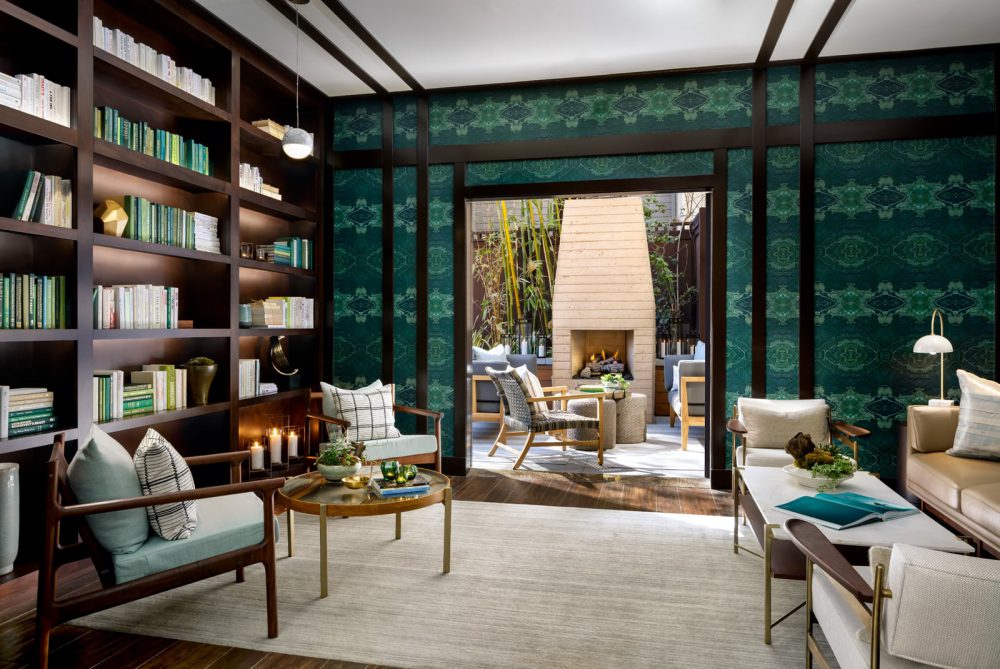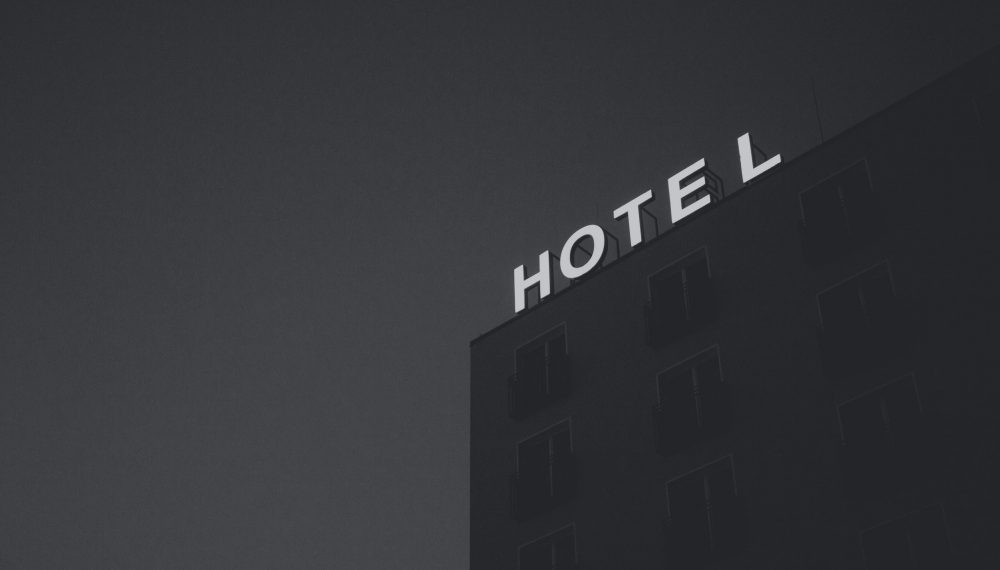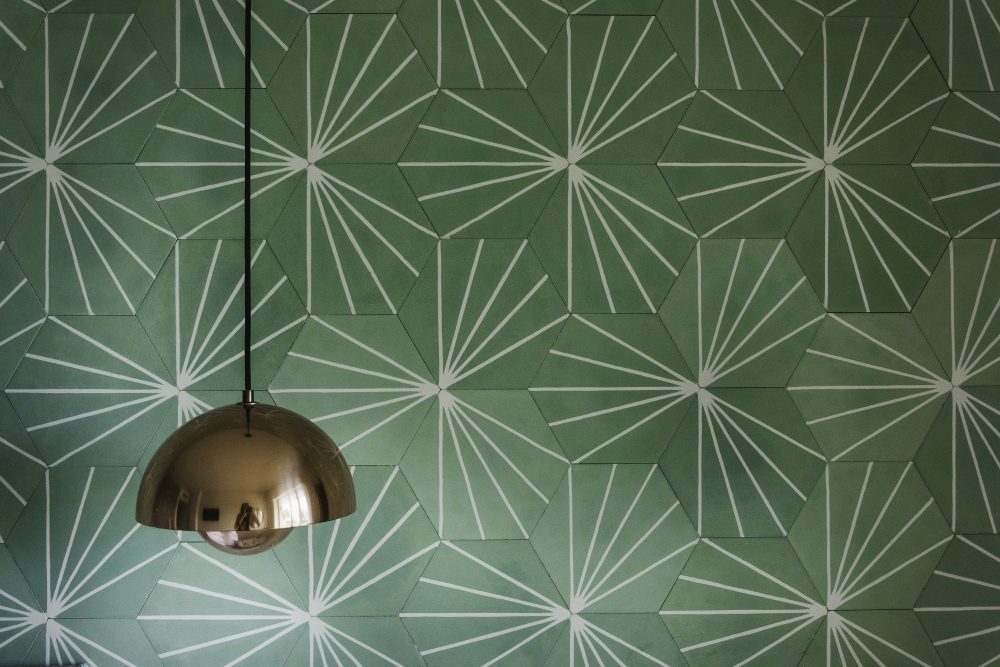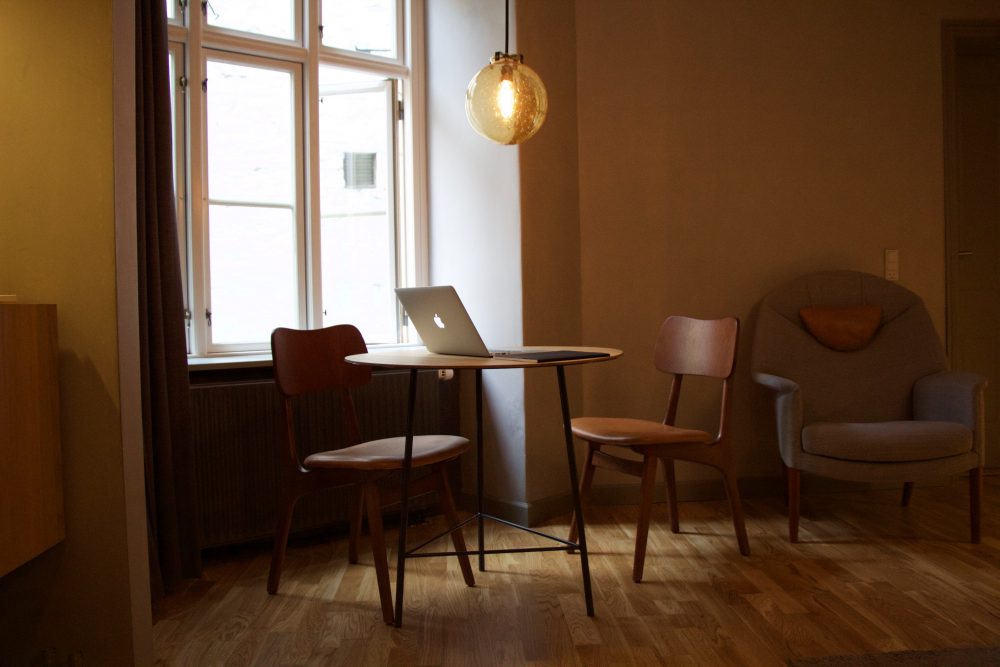Ditching the Flag? 5 Reasons Hoteliers are Going Independent
January 14, 2021
Jeremy Wells
An association with a renowned brand is what many new businesses crave. With a big brand backing you, one can get a head-start into a competitive market. But for some hoteliers, it’s not always the perfect fairy-tale story. At some point, a flag can become a burden. It can limit your growth, hurt your culture, or reduce your competitive advantage. Thus, an important decision to de-flag and go independent has to be made.
At some point, a flag can become a burden.
De-flagging is a condensed form of restructuring where a business lets go of its brand association and decide to operate as a separate independent unit. De-flagging is increasingly becoming popular in the hospitality industry where hotels are moving towards operating independently and leaving behind the burden and restrictions of a brand.
Here are 5 reasons why hotels have started to de-flag and disassociate themselves from big brand umbrellas.
Economic Slowdown
The world economy has seen a serious fall amidst the spread of the COVID pandemic. Many hotels have had to shut down as entrepreneurs went bankrupt. Serious cost restructuring and cost reduction saved several others. With fixed costs such as maintenance and repairs running high, the additional franchise charges were a burden on the hoteliers. With revenues becoming almost negligible, many hotels had to eat into their savings to survive.
Here is where hotels could look towards de-flagging. It saves a major chunk of fixed costs in the form of brand fees. This reduces the burden of operational cost on loss-making hotels and takes them farther away from the economic shut-down point, thus providing them with more time and opportunities to cover their fixed costs.
At certain times, franchises establish a floating or fixed right on the hotel assets which practically makes these assets onerous as they would fetch nothing or little during disposal. De-flagging would help hotels to obtain complete control of such assets and full autonomy regarding operating them.
However, some hotels could look at it as optimum utilization of cost rather than cost savings. The saved costs can be channelized into building an independent image distinct from the previous brand. The hotel could invest in new technology, providing additional facilities, or even in marketing to attract guests.
Operational Independence
While operating under a brand, the hotels have to follow the core principles and ideologies set up by the brand. It is more of a component of a large hotel group rather than an entity of its own. The operational procedures are pretty standardized with no deviations allowed. This makes such hotels a place of redundancy.
With de-flagging, hotels could break this bondage. They could get rid of all that is stopping them from implementing new ideas into their business. For example, a hotel might want to serve local delicacies to its guests. However, due to standardized menus across the chain of hotels, this was not possible. De-flagging would open gates of innovation for such hotels where they could administer new ideas into their businesses.
De-flagging brings with itself a new set of opportunities and endless possibilities.
De-flagging brings with itself a new set of opportunities and endless possibilities. From custom independent interior designing to determining room-rates, all major decisions can be independently made by hoteliers. They obtain full control over key success factors and can administer resources available according to their perception of the business.
Greater Flexibility
Another feature of independence is flexibility. Hotels can decide where to buy their mattress from, whom to outsource housekeeping, and where to buy their produce from. While they still have to maintain high-quality standards, these standards can be flexible rather than rigid as is in the case of big brands.
Moving to a Boutique Hotel
Boutique hotels are slowly becoming more popular in the hospitality industry. These are independent hotels with around 10 to 100 rooms that are intricately designed and focus on providing personalized services to their guests. It looks to establish a connection with its guests instead of just serving them. They are luxuriously designed with a chic appearance. The setting of a boutique hotel plays a major role. Often set amidst nature and in a peaceful environment, these hotels provide quality “living spaces” instead of just a stay.
These unique hotel and travel experiences are becoming quite the thing among travelers. People now tend to move away from the chaos of city life and seek peace in small personalized spaces, which is not possible in big brand hotels. It is only recently that brands have realized the potential of boutique hotels and are investing in them. However, it would take time to standardize operations across its chain, and by the time it reaches your hotel, the opportunity to tap the growing market would have already passed away.
Thus de-flagging could open up the opportunity for hotels to go boutique, especially if it has a good amount to spend. If the hotel is having a sumptuous budget, it could even incorporate a wellness program along with going boutique. That would be the perfect cherry on the cake. It would also be beneficial to small-spaced hotels to de-flag and go boutique.
Creativity and Innovation
A hotelier might have some brilliant new ideas about business expansion, but due to brand agreements and restrictions, he would not be able to put them into action. These ideas would not serve him well if it is just a piece of paper. The world is moving toward creativity, innovation, and technology. Tech-savvy, innovative hotels are experiencing more traction than traditional big brands. And in this era of cut-throat competition, successful hotels are those that keep innovating and offering a new and improved guest experience.
De-flagging could be a step ahead towards promoting creative thinking
De-flagging could be a step ahead towards promoting creative thinking among hotel management and staff. Developing new innovative methods to operate and serve guests could go a long way in creating a distinct brand image for the de-flagged hotel. Hotels are increasingly looking at innovative technology companies like our sister-agency, Lateral Union, to develop certain core competencies that would provide them with leverage against popular brands. For example, using chatbots or designing modern rooms with voice-controlled devices can hotels provide a superior service to their guests.
Creativity can very well be used to develop a Unique Selling Point (USP) by hoteliers. For example, many hotels have now adapted theme-based interior designing to lure guests. Using robots as waiters can be another example of a USP. However, these strategies would require a substantial amount of investment. One would imagine the savings of franchise costs to be invested in building these USPs.
Better Performance
Many times hotels might feel that they are performing to their best of their capabilities and capacity, but are not being fairly rewarded for the same. A major chunk of their profits is being eroded in the form of franchise commitments and contracts. While management might feel that available resources are utilized in an optimum manner, the hotel is not able to reap the rewards of their hard work. Such hotels shall consider de-flagging themselves.
De-flagging would leave a larger share of profits in the hands of the management which can then be utilized to reward the staff better. This would in turn improve staff performance. Thus the overall financial performance of the hotels could improve as a result of de-flagging.
De-flagging can also be seen as a component of management’s decision to restrict the business. It can just be a small piece of a bigger picture and the ultimate goal of management of achieving an enhanced rate of growth with better performance.
A Liability Instead of an Asset
Sometimes due to a tarnished image of the brand, it is associated with, the individual hotels might lose business even after performing well. At such times, the brand association becomes a liability and curbs the growth of hotels, instead of acting as an asset. Thus, it is advised for hotels to de-associate such brands and re-establish themselves as an independent brand with refurbished operational policies. This would increase footfalls at such hotels and result in improved performance.
—
There are two sides to a story and thus there is a second side to de-flagging as well. While the benefits of de-flagging might sound appealing, it comes with its own set of challenges. Moving away from the umbrella of big brand support can be a daunting decision for many hoteliers. Mobilizing hotel management resources independently can be challenging for inexperienced personals. Hotels might need to invest in good management software along with skilled professionals. Efforts have to be made to re-train the staff according to the changed operational norms of the hotel.
However, with the right leadership, de-flagging can be a big leap towards success for many hotels. A well-mapped restructuring plan followed by a timely decision of de-flagging can go a long way in turning the fortune of hoteliers. Thus, hotels should grab the opportunity and provide a much-needed boost to their businesses by de-associating themselves and establishing a separate independent identity in the industry.

Connect with Longitude°
Searching for a hospitality branding agency to partner with on your next project? Fill out the form below and let’s talk. Or you can email info@longitudebranding.com
Jeremy Wells
Partner at Longitude°
Jeremy is the author of Future Hospitality and Brand Strategist at Longitude°. As a member of the Education Committee for The Boutique & Lifestyle Leaders Association (BLLA) and a content contributor to Cornell University’s Hospitality Vision and Concept Design graduate program, he is a committed thought leader in hotel branding, concepting, and experience strategy.






